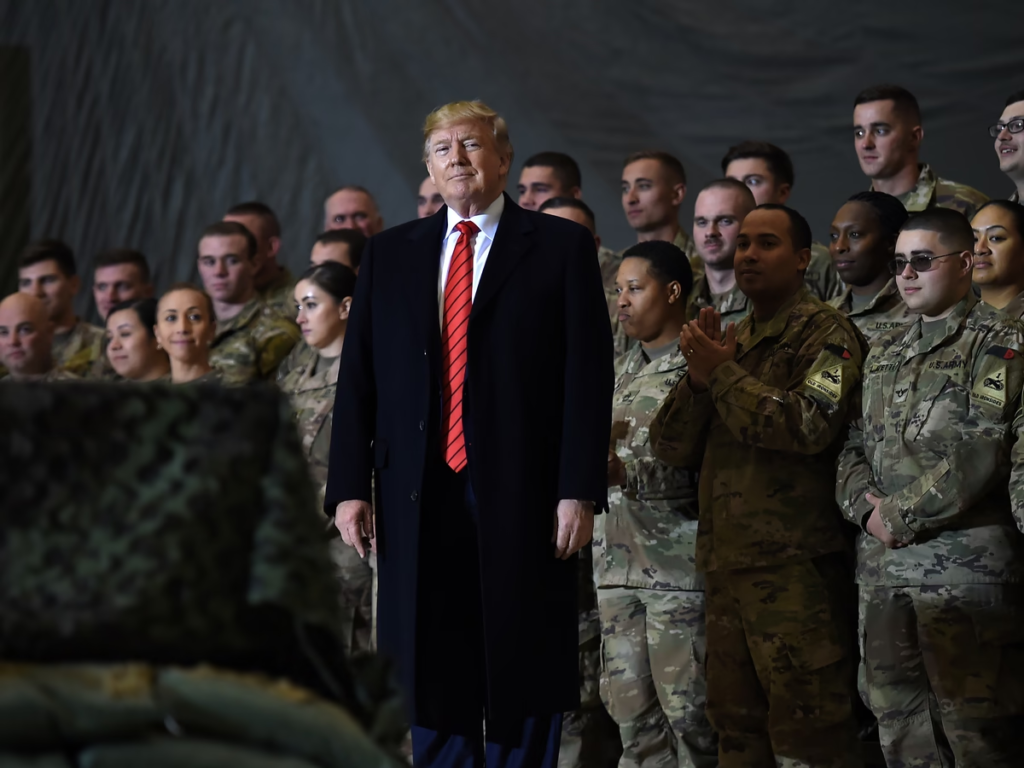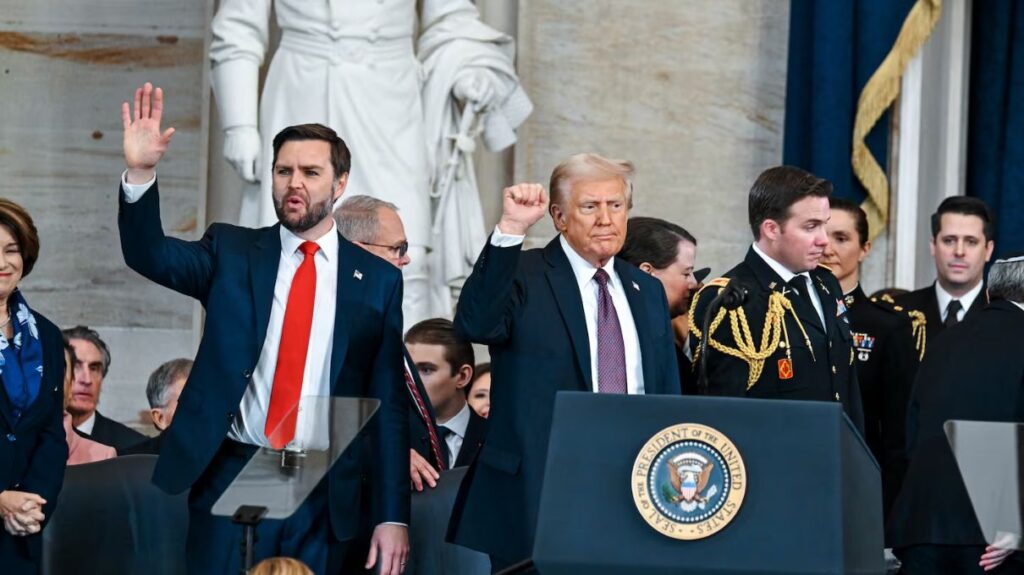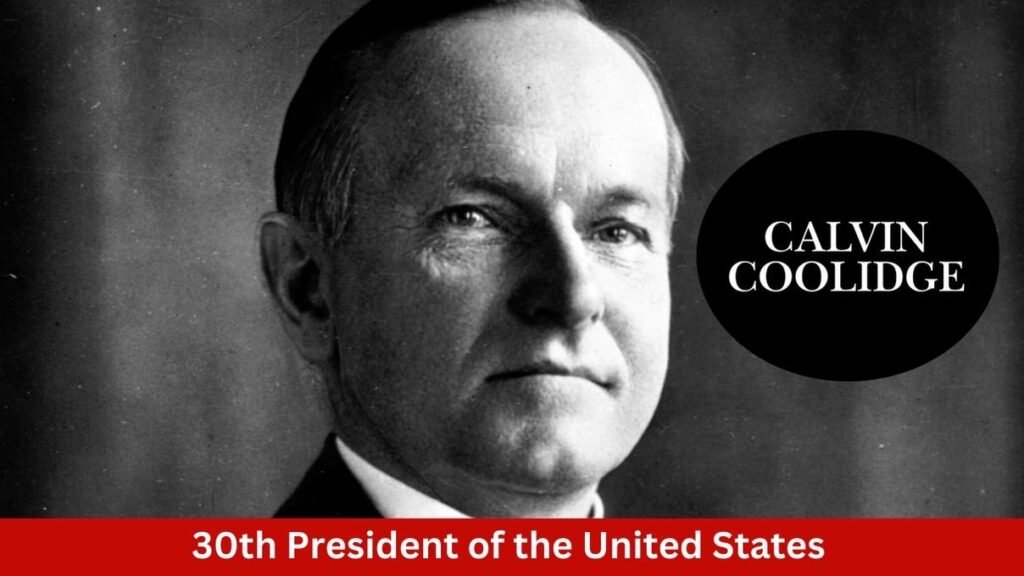A recent report has sparked a nationwide controversy after alleging that former President Donald Trump made a racially charged comment about the funeral costs of a fallen soldier. According to unnamed sources, Donald Trump reportedly said, “It doesn’t cost $60,000 to bury a f Mexican,” in reference to a soldier of Hispanic descent who died while serving in the U.S. military. This allegation, if true, has reignited discussions about Trump’s rhetoric regarding race and his treatment of military personnel throughout his political career.
The alleged comment has drawn widespread outrage, especially from veterans’ groups and military families who view it as a grave insult to those who have made the ultimate sacrifice for the country. Organizations such as the Veterans of Foreign Wars (VFW) and the American Legion have strongly condemned the remark, emphasizing that the sacrifices of fallen soldiers should never be reduced to their race or ethnicity. Many have noted that funeral costs for military personnel are often covered, and using this as a political talking point is seen as both disrespectful and inappropriate.
This incident, if substantiated, would add to a long list of controversies involving Donald Trump rhetoric toward minorities. Throughout his presidency and political career, Trump has often been accused of making insensitive and inflammatory comments about racial and ethnic groups. His 2015 campaign announcement, where he described Mexican immigrants as “rapists” and “criminals,” set the tone for these accusations. This latest report only reinforces the belief among his critics that Trump harbors racial prejudices, particularly against the Latino community. For many Latino voters, who represent a growing demographic in the U.S., incidents like this could have lasting implications on their political engagement and voting patterns.
Donald Trump Alleged Comment on Fallen Soldier
Furthermore, the alleged remark also brings Donald Trump relationship with the military into sharper focus. While many veterans and military families supported Trump during his campaigns, his presidency was marked by several controversial comments about service members. One notable incident occurred in 2015, when Trump criticized Senator John McCain’s status as a war hero, stating, “I like people who weren’t captured.” These types of remarks have alienated some veterans and military families, despite Trump’s efforts to tout his administration’s initiatives aimed at improving veterans’ care and military funding.
The reliability of the report, however, remains a key question. The story was initially published by a media outlet that cited unnamed sources, leading to skepticism among Donald Trump supporters. In an era of politically charged media environments, many are calling for caution before accepting the allegations as fact. Trump’s defenders argue that this could be another attempt by his opponents to smear his reputation, especially given his contentious relationship with the press. They emphasize that anonymous sources or second-hand accounts should be approached critically.
Whether or not the report is accurate, the controversy has broader implications for both Donald Trump legacy and the political landscape. It underscores the importance of how political figures speak about minority communities and military personnel, two crucial groups in American society. It also highlights the challenges of navigating a media landscape where partisan divides often shape public perceptions of controversial figures like Trump.
Donald Trump History with the Military and Minorities
Donald Trump’s relationship with the military and minority communities has been marked by both support and controversy. During his presidential campaigns in 2016 and 2020, many veterans and military families backed him, appreciating his policies related to defense spending and veterans’ issues. However, his rhetoric and actions have often sparked concern and outrage, particularly regarding his remarks about service members and minorities.
One of the most controversial moments came in 2015, when Trump dismissed Senator John McCain’s status as a war hero, stating, “I like people who weren’t captured.” This remark ignited widespread criticism, including from within military circles, as McCain had been a prisoner of war for over five years in Vietnam. Such comments began to strain Trump’s relationship with some veterans, despite his later claims of support for the military.

In addition to his military-related controversies, Donald Trump interactions with minority communities have often been contentious. His 2015 presidential campaign announcement, in which he characterized many Mexican immigrants as “rapists” and “criminals,” established a pattern of remarks seen as insensitive or inflammatory by various minority groups. Throughout his presidency, he faced accusations of racism and xenophobia, including criticisms for his policies on immigration and law enforcement.
Allegations of a comment about a fallen soldier of Mexican descent—if verified—would fit into this broader narrative of insensitivity toward both minorities and the military. Such incidents reinforce the perception among critics that Donald Trump has frequently failed to show appropriate respect for the contributions of minority service members, deepening the divide in his relationships with both communities.
Public Reaction: Outrage and Defensiveness
The alleged remark attributed to Donald Trump has ignited widespread criticism from multiple sectors, including politicians, veterans’ organizations, and the general public. Outrage has particularly flared on social media, with users expressing their anger and disappointment, calling the comment disrespectful and insensitive. For military families, the remark is seen as a deep insult to the sacrifice made by their loved ones and service members across the nation.
Veterans’ organizations like the Veterans of Foreign Wars (VFW) and the American Legion swiftly condemned the reported remark, deeming it an affront to the honor of fallen soldiers. Both groups emphasized that military families should be honored, not subjected to political criticism, especially regarding the personal sacrifices made in service to the country. They also pointed out that funeral costs for service members are typically covered by the government, making any financial burdens faced by families irrelevant to the discussion at hand.
On the other side of the debate, Donald Trump defenders, including conservative media outlets and political allies, have raised doubts about the authenticity of the report. They argue that the claim might be part of a larger effort to tarnish Trump’s reputation, particularly in light of his contentious relationship with some segments of the media and political opposition. Critics of the report also noted that allegations based on anonymous sources or second-hand accounts are prone to exaggeration and mischaracterization, and until more evidence is available, caution should be exercised before accepting the story as fact.
This incident underscores the broader divide in public opinion surrounding Donald Trump, particularly regarding his statements and attitudes toward both the military and minority communities. While some see the alleged comment as part of a troubling pattern of behavior, others dismiss it as another baseless accusation fueled by political rivalry.
The Broader Political Implications
The controversy surrounding the alleged remark, whether accurate or not, carries significant implications for the political landscape, especially as the U.S. approaches another presidential election. Race and how political figures address minority communities remain contentious issues in American politics, and this incident, regardless of its veracity, taps into deeper concerns about race relations and leadership.
For many critics, this alleged comment underscores long-standing concerns about Donald Trump’s attitudes toward minorities, particularly Latinos. Latinos represent an increasingly influential voting bloc, especially in swing states like Arizona, Florida, and Nevada. Critics argue that Donald Trump previous remarks, including his campaign rhetoric about Mexican immigrants, combined with this recent allegation, suggest a pattern of racial insensitivity. If this perception persists, it could drive further alienation among Latino voters—a demographic both parties see as critical for electoral success.
This controversy also reignites questions about Donald Trump relationship with the military, which has been both a strength and a source of vulnerability throughout his political career. Although Trump has emphasized his administration’s efforts to improve veterans’ care and bolster military spending, incidents like these have the potential to undermine his support among military families, especially those from minority communities. Military service is often seen as a symbol of patriotism and sacrifice, and any perception that a leader disrespects these values could damage trust. Such an erosion of confidence might not only impact Trump’s support among veterans but also with voters who place a high premium on military service and honor.
Ultimately, this controversy is more than just a one-off incident; it speaks to broader issues of racial politics and respect for military service, both of which will continue to play pivotal roles in shaping voter opinions as the 2024 election approaches.
Media Coverage and the Reliability of the Report
A central issue in this controversy is the reliability of the report, which was initially based on unnamed sources. This has led to divided reactions, as some emphasize the importance of verifying claims in such a politically charged environment. Skeptics, including many of Donald Trump supporters, argue that until more corroborating evidence surfaces, it’s essential to approach the report with caution. Anonymous sources, they contend, are often difficult to validate, and the current polarized political climate raises concerns about media bias.
Media coverage of Donald Trump has consistently been polarizing, with various outlets portraying him in sharply contrasting ways depending on their ideological slant. This dichotomy in reporting is evident in the response to this alleged remark: some news organizations have defended the report, emphasizing its consistency with past behaviors attributed to Donald Trump, while others have dismissed it as another example of unproven accusations intended to undermine him.

The credibility of the sources is at the heart of the debate. Donald Trump ongoing feud with the press, where he has frequently labeled unfavorable reports as “fake news,” complicates the situation. The use of anonymous sources, in this instance, intensifies suspicions among Trump’s supporters, who view this as part of a larger narrative aimed at discrediting him. Conversely, his detractors argue that, even without conclusive proof, the report aligns with previous controversies involving Trump’s remarks about the military, lending credibility to the allegations.
Ultimately, this situation highlights the broader challenges of navigating media reports in an era where political narratives often shape perceptions of truth. The lack of clear evidence leaves the report open to interpretation, with many viewings it through the lens of their pre-existing views of Donald Trump character and actions.
The Importance of Responsible Journalism
This controversy emphasizes the critical role of responsible journalism, particularly in politically charged environments. In an era where misinformation is widespread and media trust has diminished, reports like this can have significant repercussions, influencing not just the individual at the center of the story, but also the national conversation. It’s essential for the media to approach such sensitive matters with care, ensuring rigorous vetting of sources and thorough investigation before releasing information. Doing so helps uphold journalistic integrity and public trust, both of which are key to fostering a well-informed society.
For readers, this incident reinforces the importance of critical thinking in evaluating political news. In a highly polarized climate, it’s tempting to accept information that aligns with personal or partisan views without question. However, taking the time to verify facts, assess the credibility of sources, and consider the broader context behind reports is crucial. By doing so, citizens can engage in more nuanced, thoughtful public discourse, helping to prevent the spread of misinformation and contribute to a healthier democratic process.
The Fallout and Moving Forward
The report alleging that Donald Trump made a racially insensitive remark about a fallen soldier is a reminder of how deeply divided the U.S. remains on issues of race, identity, and leadership. Whether the report is confirmed or not, the reactions it has provoked reveal much about the state of American politics and public opinion.
For Donald Trump, this controversy may have lasting effects, particularly among minority communities and military families. As he continues to play a significant role in American politics, incidents like these underscores the need for greater sensitivity and care in political discourse. For the public, this situation serves as yet another example of how media, politics, and public perceptions interact in an increasingly polarized environment.

Ultimately, how this controversy unfolds may depend on further revelations, public sentiment, and whether Donald Trump addresses the issue directly. Regardless of the outcome, the incident has already left an indelible mark on the national conversation, with implications that will likely reverberate for years to come.
https://www.washingtonpost.com




